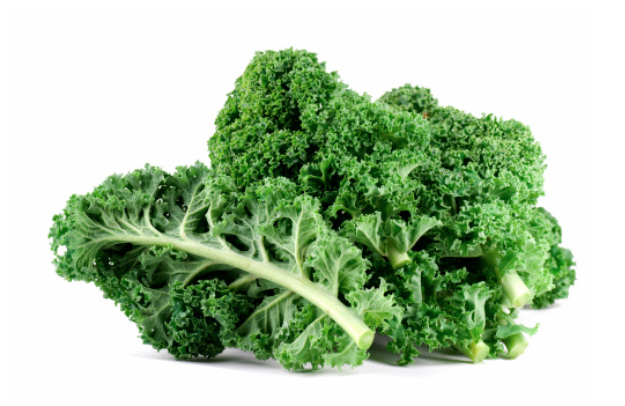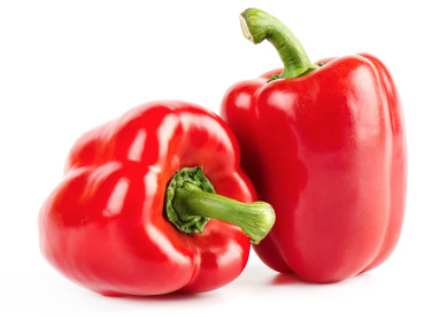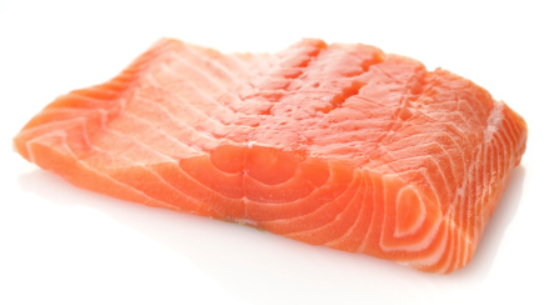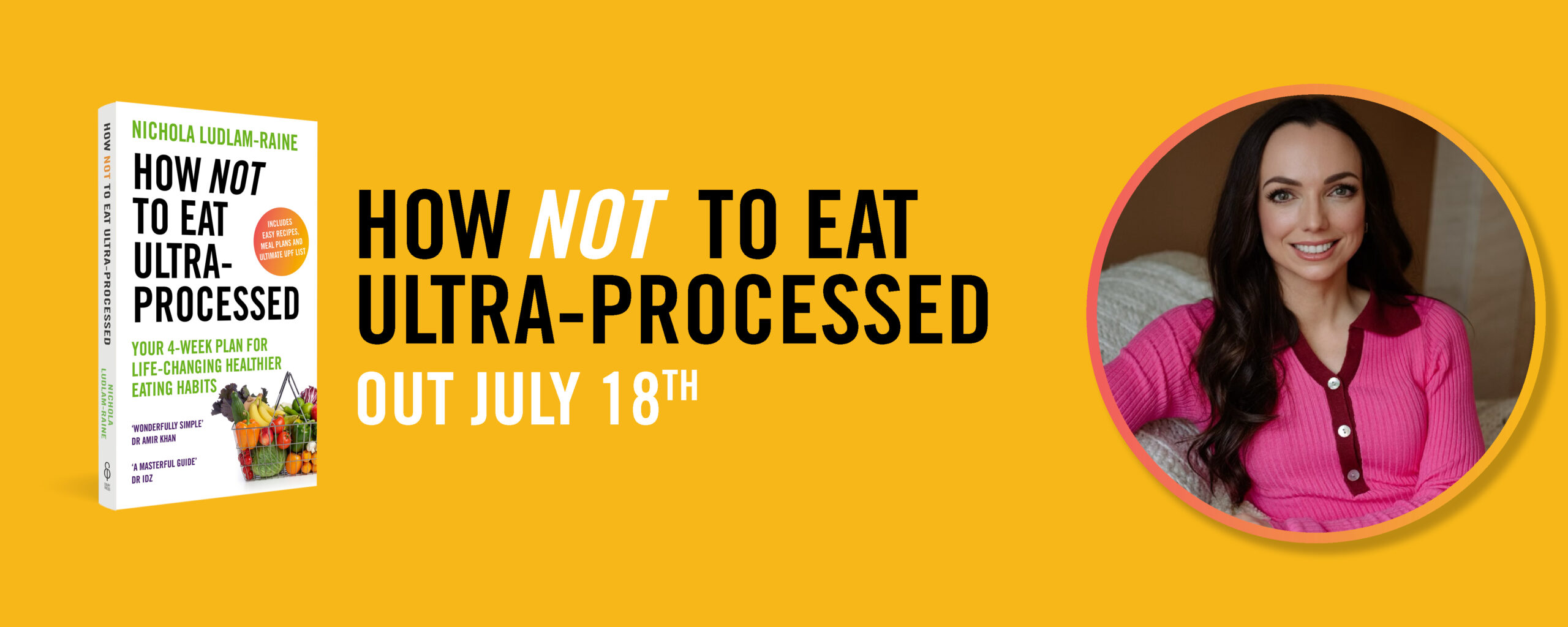
Vitamins and minerals are essential nutrients that we need in our diets to maintain a healthy body and healthy mind. Eating a varied diet is essential, including lots of foods rich in minerals and vitamins.
In this blog post, we’re going to look at the main vitamins and minerals that are beneficial to our body and see how to achieve a healthy diet through eating the right foods!
- What are Vitamins?
Vitamins are split into two categories: fat-soluble and water-soluble vitamins. Fat-soluble vitamins are usually found in products such as milk and dairy, vegetable oil, eggs, liver, fish and butter. Whilst your body depends on these nutrients, you don’t have to eat these kinds of foods every day because your body stores these vitamins in your liver and fatty tissues for future use.
Water-soluble vitamins aren’t stored in the body so you have to have them more regularly. They can be found in foods such as fruit, vegetables, potatoes, grains, milk and dairy foods. Over cooking food in boiled water can destroy vitamins, which is why it is better to steam, steep or grill foods so the minerals and vitamins are retained.
- What are Minerals?
Minerals are vital to the body for three reasons. The first is for building strong bones and teeth, the second is controlling bodily fluids inside and outside the cells and thirdly, for turning the food you eat into energy. Minerals can be found in foods such as meat, cereal, fish, milk, fruit (especially dried fruit) and nuts. Essential minerals include iron and calcium, as well as many other types that are beneficial for the body.

Which Foods Contain The Main Minerals and Vitamins?
- Vitamin A – The highest concentration of vitamin A is found in sweet potatoes. This type of vitamin is particularly good for vision, as it contains beta-carotene, which helps the retina.
- Vitamin B6 – This type of vitamin makes up 6 different compounds that help stabilise blood sugar and make antibodies that fight off diseases. Fish, beef liver and poultry are all good sources of vitamin B6 but one of the food richest in this type (which vegetarians will be happy to discover) is the chickpea or garbanzo bean.
- Vitamin C – Vitamin C is an important antioxidant and necessary in several key bodily processes such as protein metabolism. It can be found in foods such as red peppers, which contain more vitamin than any other food at 95 mg per serving. Other good sources include kiwi fruit, broccoli, sprouts and cantaloupe melon.
- Calcium – Calcium is the most crucial mineral in the body. A whopping 99% is stored in, and helps, bones and teeth. The remaining goes towards blood vessel and muscular function. If you’re looking for a good source of calcium, the best place to find it would be from dairy products. Plain, low-fat yogurt and dark leafy greens such as kale and Chinese cabbage contain the highest levels of calcium.
- Vitamin D – Vitamin D is vital for cell growth and the reduction of inflammation. Fatty fishes including swordfish, salmon and mackerel are among the few that naturally contain vitamin D. Most of the vitamin D that we need though is taken from the sun!
- Vitamin E – Sunflower seeds or almonds contain the highest level of vitamin E, which is a vital vitamin for healthy blood vessel function and clotting.
- Iron – Proteins in our body use this metal to transport oxygen and grow cells. Heme iron is found in red meat, fish and poultry and non-heme iron is found in lentils and beans. Chicken liver has one of the most iron with 11 mg in one serving.
- Vitamin K – This vitamin is vital for coagulation and blood clotting. Without it you wouldn’t be able to stop yourself from bleeding if you cut yourself. Green, leafy vegetables are the best for this but kale comes in at first place with 1.1mg per cup.

For more information on vitamins and minerals and to find out who should be taking a supplement check out NHS Choices. Evergreen have a great selection if you do need a vitamin or mineral top up!
*This blog post was written in collaboration with Evergreen. Please read my disclaimer page for more information.
